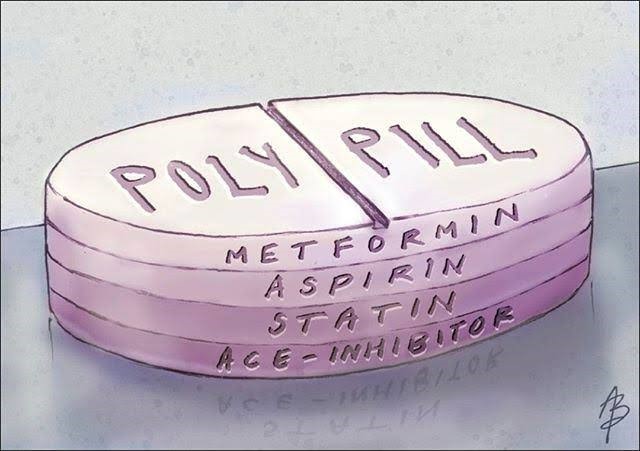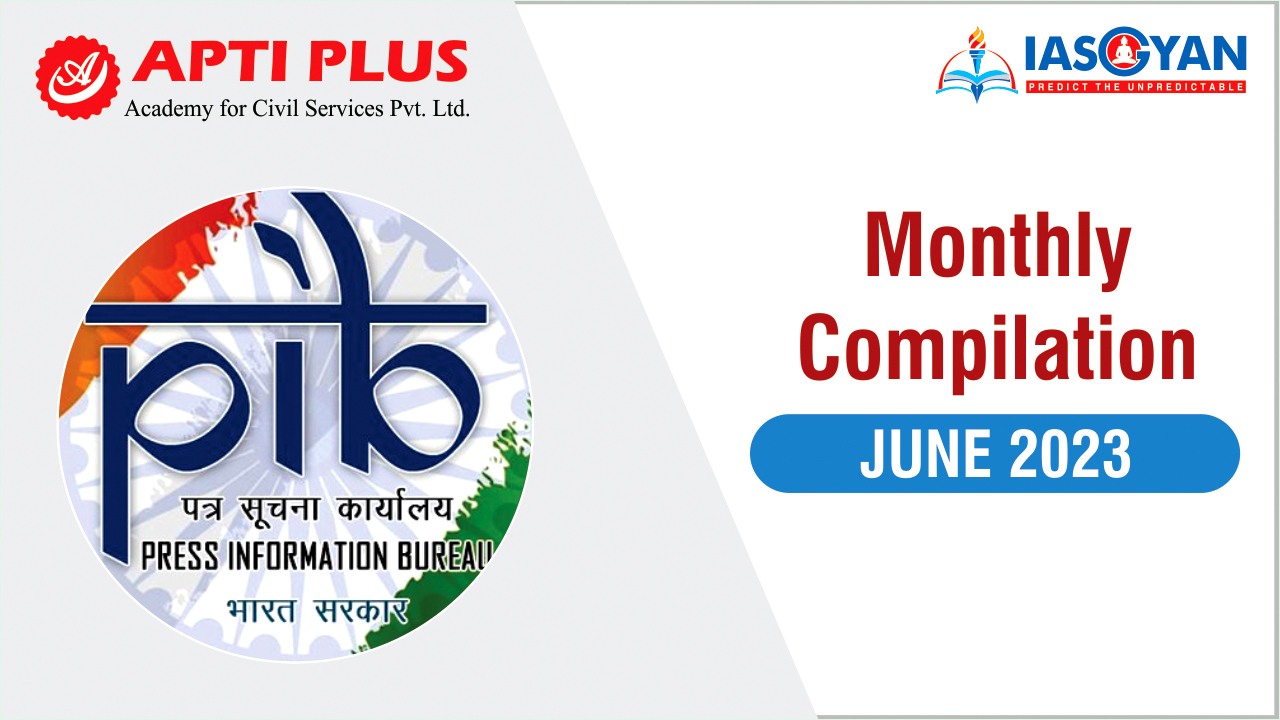Description

Image source: The Hindu, Disclaimer: Copyright infringement not intended.
Context: The World Health Organization included three fixed-dose combinations of cardiovascular medicines or polypills on its revised Model Lists of Essential Medicines 2023 for use in primary and secondary prevention of atherosclerotic cardiovascular diseases.
Importance of the listing
- The use of the polypill reduces the risks of cardiovascular events, including fatal and non-fatal myocardial infarction and stroke, and the need for revascularization in primary and secondary prevention settings.
- This endorsement from the WHO ends two decades of research on building clinical evidence that polypills are a safe and effective strategy to reduce the risk of heart attacks and strokes.

What are polypills?
- A polypill is a type of drug combination consisting of a single drug product in pill form (i.e., tablet or capsule).
- It combines multiple medications (that is, more than one active pharmaceutical ingredient).
- The prefix "poly" means "multiple", referring to the multiplicity of distinct drugs in a given "pill".
- In precise usage, a pill is a polypill if it contains at least 4 drugs (meaning that fixed-dose combinations of 2 or 3 drugs are not polypills).
Uses
- As a preventive medicine and treatment: Polypills may be consumed as a preventive medicine, and/or treating actual pathophysiological conditions, the former typically involving lower dosages than the latter.
- Reduce pill burden: Polypills can reduce the number of tablets or capsules (generally orally administered) that need to be taken, which in turn may facilitate the handling and administration of pharmaceuticals as well as alleviate patient pill burden.
Note:
- Polypill combines two or more blood types plus a statin and aspirin.
- The polypill is not a new drug but a drug delivery mechanism.
- It improves the effectiveness of the drugs and prevents hospitalisation.
What is atherosclerosis cardiovascular disease?
- Atherosclerotic cardiovascular disease (CVD) is a collective term comprising a group of disorders of the heart and blood vessels. These diseases are the largest cause of morbidity and premature death worldwide.
Symptoms
- In atherosclerosis, there is the build-up of fats, cholesterol and other substances in and on the artery walls.
- A buildup of cholesterol plaque in the walls of arteries causes obstruction of blood flow. Plaques may rupture, causing acute occlusion of the artery by a clot.

Essential Medicines
- Essential medicines are those that satisfy the priority healthcare needs of a population. They are selected with due regard to disease prevalence and public health relevance, evidence of efficacy and safety and comparative cost-effectiveness.
WHO Model Lists of Essential Medicines
- The WHO Model Lists of Essential Medicines are updated every two years by the Expert Committee on Selection and Use of Essential Medicines.
- The first Essential Medicines List was published in 1977, and the first Essential Medicines List for Children was published in 2007.
- The current versions, updated in July 2023, are the 23rd Essential Medicines List (EML) and the 9th Essential Medicines List for Children (EMLc).
|
PRACTICE QUESTION
Q. Consider the following statements:
- The WHO Model Lists of Essential Medicines are updated every year by the Expert Committee on Selection and Use of Essential Medicines.
- The current versions of EMLs, updated in July 2023, are the 23rd Essential Medicines List (EML) and the 9th Essential Medicines List for Children (EMLc).
- Three fixed dose combinations of cardiovascular medicines or polypills has been included in its revised Model Lists of Essential Medicines 2023.
How many of the above statements are correct?
- One only
- Two only
- All three
- None
Ans: B
|
https://epaper.thehindu.com/ccidist-ws/th/th_delhi/issues/46052/OPS/G9IBIH866.1.png?cropFromPage=true
















